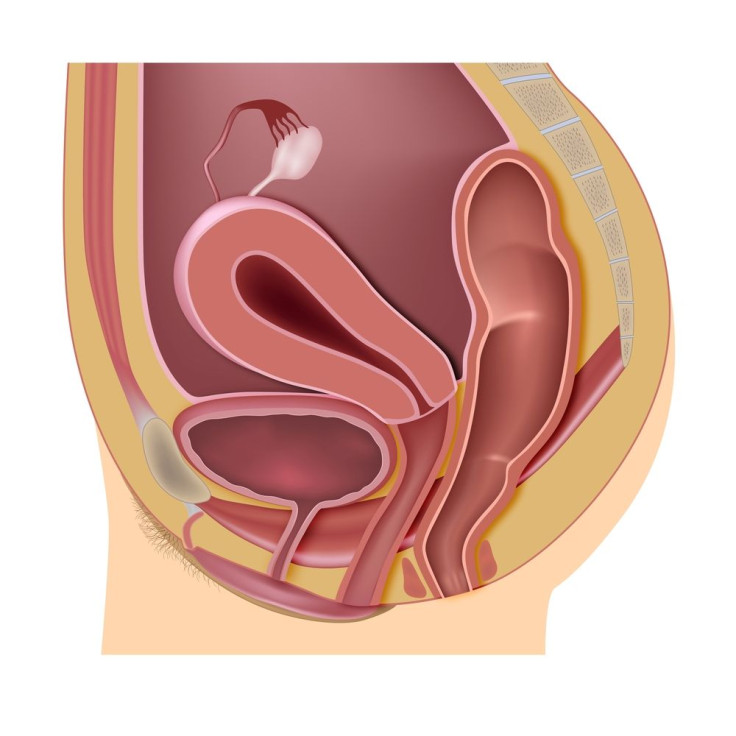Is Vaginismus Behind Your Painful Sex Life? What Causes The Rare Condition And How To Treat It

Humans are creatures of both lust and reason. This means that sometimes, when it comes to sexual desire, our bodies will tell us to go for it, but our minds understand the importance of restraint. For others, a condition called vaginismus causes the exact opposite reaction: A woman's mind may be giving her the greenlight, but a strong contraction of the vaginal muscles causes penetration to be painful, if not completely impossible.
Vaginismus is the uncontrolled, involuntary spasm of the vaginal pelvic floor muscles upon the anticipation of penetration. Medical News Today explains that vaginismus is extremely rare and affects only around two percent of the U.S. female population. The condition is spilt into two subgroups, primary vaginismus and secondary vaginismus, and has both physical and psychological underlying causes.
Primary Vaginismus
The term "primary vaginismus" is used to describe women who have experienced vaginismus upon their first attempts at sexual intercourse. This form of the condition is the most common cause of sexless, unconsummated marriages. Partners of women with primary vaginismus describe “hitting a wall” upon their attempts at penetration, and intercourse is impossible.
Primary vaginismus is usually accompanied by other physical reactions to attempted penetrations, such as body spasms and trouble breathing. Dr. Ross Lynn Tabisel from the Women’s Therapy Center in New York described the condition as “panic attack of the vagina," in TLC’s documentary on the condition.

Secondary Vaginismus
If a woman has enjoyed normal sexual intercourse for years and suddenly finds that penetration is painful or not possible, this is considered secondary vaginismus. In secondary vaginismus, women usually experience a temporary pelvic pain, caused by either infection or surgery, and this causes and the vagina to build a defense against intercourse.
It is most commonly triggered by medical conditions, traumatic events, relationship issues, surgery, menopause, or even childbirth.
Symptoms
Vaginismus has a wide array of symptoms which drastically vary in their discomfort level. Minor cases of vaginismus include slight pain or burning during attempts at vaginal entry or during thrusting, but these symptoms can fade as intercourse carries on. Other women experience slightly more painful burning or tightness upon vaginal entry, which does not fade during intercourse. In the most extreme cases of vaginismus, women experience painful involuntary tightness that makes entry and thrusting painful and intercourse impossible. The vaginal opening becomes tightly closed and nothing can enter, including tampons, partners, or doctors during gynecological exams.
Treatment
If you have been suffering in silence with vaginismus, know that this condition is highly treatable. Medical News Today reports that treatment for vaginismus usually consists of a combination of counseling, education, and muscle exercise.
Kegel exercises are used to help strengthen a woman’s pelvic floor muscles, and for women with vaginismus it can give them more control over the muscles on the walls of her vagina.
“Very often we call it the Princess Syndrome,” Tabisel said. “They’re (vaginismus patients) kept like little dolls and kept back from exploring the world, and therefore exploring their bodies.”
Vaginal dilation involves patients using their own fingers or plastic instruments called dilators to get themselves comfortable with something being inside of their vaginas. It can help them to become comfortable with their own bodies.
The combination of these two techniques can help women to overcome the physical boundaries behind the condition, but often counseling will help women overcome subconscious fears they may have about sexual intercourse.
Published by Medicaldaily.com



























